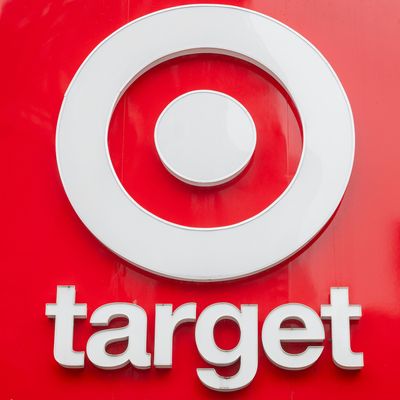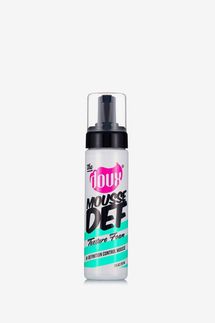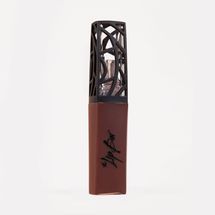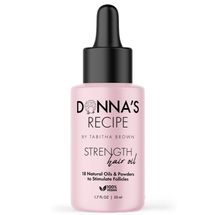
On January 24, Target announced it would be rolling back DEI initiatives, including programs to foster and promote Black-owned businesses in its stores, following Trump’s signing of an executive order ending DEI programs in the federal government. The news provoked calls for a boycott of the retailer, including by Minneapolis councilmember Jason Chavez and Strike for All, which emphasized support for minority-owned brands.
The retailer’s Black-owned brands span categories from home to apparel and beauty, including hair-care brands the Doux, Camille Rose, and the viral Mielle and beauty brand the Lip Bar. These brands fill a void in the market, making products for various skin tones and hair textures accessible. For example, the Doux has its viral curl-defining mousse beloved by the natural-hair community.
However, Black beauty founders haven’t called for a boycott just yet. Hair-care founder Maya Smith of the Doux, a brand that sells textured hair-care products, shared a statement on Instagram: “Pulling Black dollars from these retailers doesn’t hurt the corporations as much as it hurts the brands you love,” she wrote on Instagram. “It also feeds into the false narrative that we’re only here because of DEI initiatives — not because of the countless sacrifices, and creativity we’ve poured into creating a lasting impact on the textured hair category through the Doux.”
The founder of Lip Bar — a brand that sells long-wearing matte lipsticks and one of the first Black-owned beauty brands at Target — shared her thoughts on TikTok: “I’m disappointed but not that surprised.” Butler shares that while she understands the power of our dollars, “I want to make sure we are aware that by not shopping in these stores, you are also impacting the hundreds of black-owned and women-owned businesses.” She also notes that it’s not as simple as pulling brands from Target shelves and creating a new mass retailer due to a lack of support. She offered different ways to buy her products, including at Walmart, Amazon, and on her direct website.
Most notably, Tabitha Brown, who reached viral success during the pandemic, stocks her products like air fryers and blenders across the home category. She said in an Instagram video, “So many of us will be affected, our sales will drop and our businesses will be hurt,” she said. “Those companies get to say your products are not performing and they can remove them from the shelves and put their preferred businesses on the shelves.” With Black History Month days away, she notes that retailers will bolster Black-owned brands that still need our support and be strategic with what they buy. (The video didn’t go over well with some users on X who accused Brown of placing the blame on consumers rather than retailers.)
While the future is uncertain for Target brands, consumers still wonder what the rollbacks mean for all the Black-owned businesses in stores, including those available through Target’s partnership with Ulta, like Pattern Beauty from Tracee Ellis Ross.
In the meantime, if you want to buy any of these products. Here are links to their direct sites. The Doux, The Lip Bar, Donna’s Recipe from Tabitha Brown, Camille Rose, and Mielle Organics.





